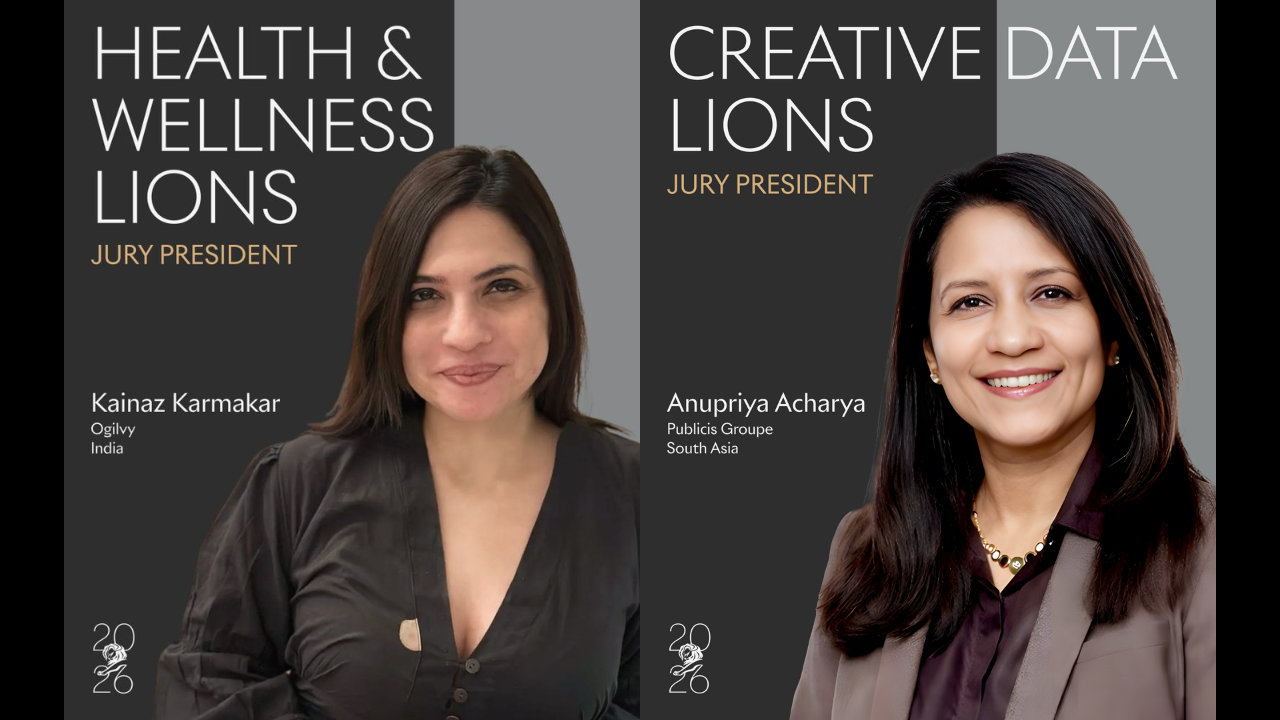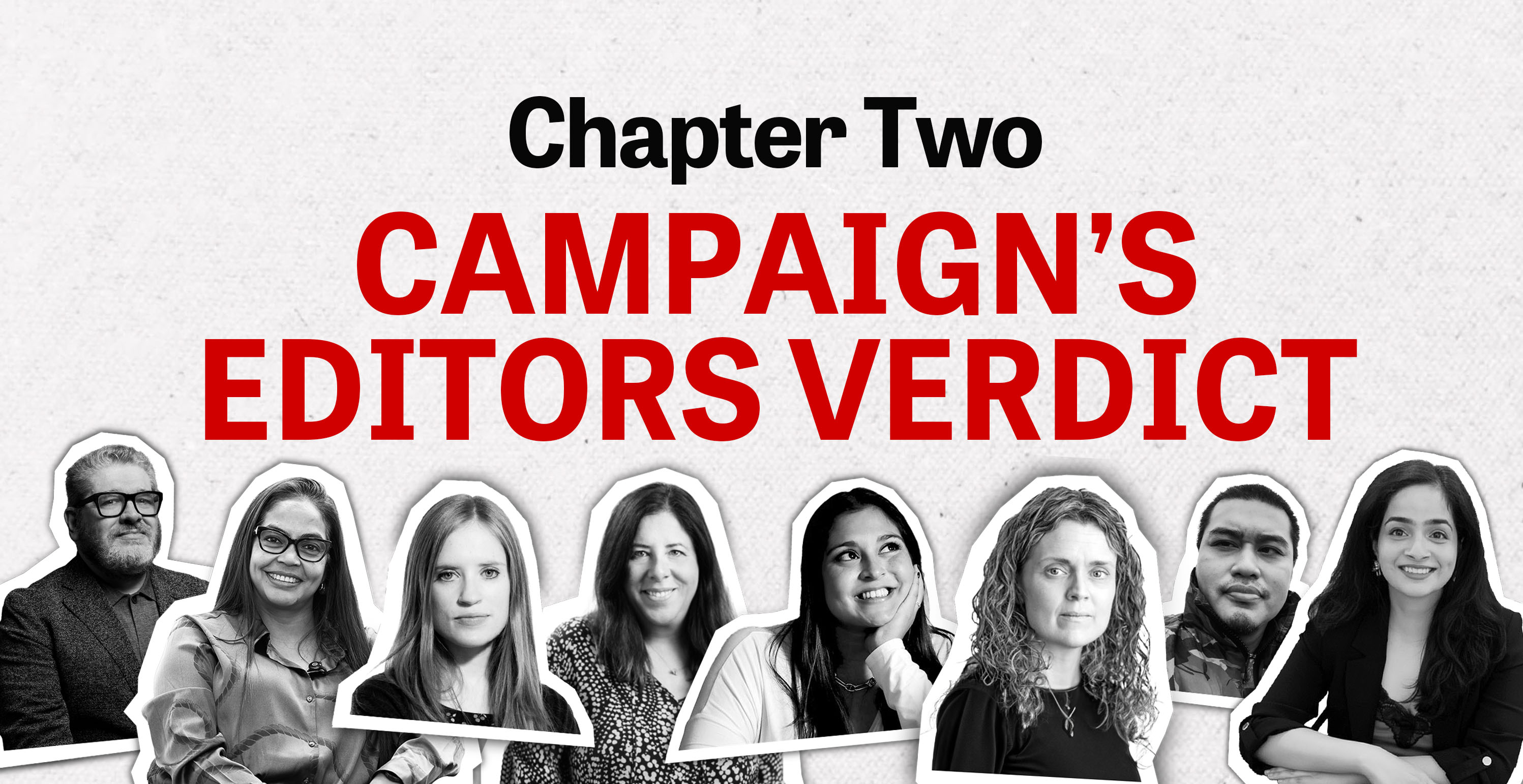The virtual audience at the ongoing Cannes Lions Festival of Creativity saw a session with Ana Andjelic, chief brand officer, Banana Republic, and Tracey Follows, co-founder and CEO, Futuremade, moderated by Kabir Ahuja, partner McKinsey & Company. The trio discussed the role of creativity in marketing in the pandemic and beyond.
Creative marketing and technology
When asked by Ahuja if creative marketing lags a step behind technology, Follows argued that the pandemic left most creators with no choice in the real-time situation. “Creative marketing can use technology in really innovative ways. Just like retail shifted from physical to virtual, there’s been a real step-change. Now, creative marketing and technology are parallel”, she said, adding that it was one of the good outcomes of the pandemic.
However, in Andjelic’s view, the role of technology in creative marketing is not sacrosanct. She believes that marketing can be very creative even without technology. Elaborating on this, she said, “During the pandemic, the biggest innovations did not come from technology. We saw first responders and nurses wearing photos of themselves so that patients could see their smiles behind their masks. We shouldn’t link creative marketing to technology so religiously, because you end up with gimmicks.”
Nevertheless, Ahuja put forth the point that the pandemic did spark the need to put creative marketing technology together. Giving her view on the same, Andjelic stated that a situation like that was an external circumstance. “I wouldn’t generalise it necessarily; all the innovations were forced out since people could not be in physical contact. None of these innovations came out of nowhere; they just accelerated.”
Speaking about whether these changes were here to stay, Follows believes that they will and that some of it would also evolve into something bigger. “What will be permanent is the whole idea of entering virtual worlds. People use the virtual medium to carry on an alternative life with an alternative identity. We’re heading into a world where immersive media is going to be so much more important,” she added.
Role of brand authenticity in marketing
Reacting to the phrase of brand authenticity, Andjelic called it an overused statement that is hard to interpret. However, she is certain that a brand that cannot speak in its own voice will impact its bottom line negatively and compromise on how its customers connect with it. She said, “Brand authenticity impacts the world you’re creating and how you interact with culture, which is most important. Without that, there is no successful branding.”
On the other hand, Follows jokes about how one fakes authenticity, but not integrity. “To me, it’s about reality. I want to see truthfulness in communication, creativity, marketing and technology. There’s no distinction between reality and the virtual world anymore because everything is real. I’d like to see brands being coherent, congruent and showing up in different ways.”
Calling brands and people ‘a bunch of elements’, she said that we’re moving into a world where not everything has the reality of physicality. “Even an AI-generated robot has no authenticity but has integrity. In the end, both these terms are conferred on the person, object or brand. It’s not an input, but an output, just like trust,” she added.
According to Andjelic, a brand either has values and consistently delivers them through its words, actions and messages or doesn’t have them and changes trends by mimicking others just to be safe.
Creativity in the hands of the consumers
The speakers agreed that consumers are the best creators these days. They agreed on how trying to control their creativity is a bad idea. “The more people want to rip off on it, the better it is for the brand. The more a brand stays close to the community, the better it is. It’s happening whether you like it or not. So it makes more sense to have a dialogue that enriches culture and creative power. Your creative power is not always with your brand, but within your market and in the culture and society,” Andjelic said.
Follows went a step ahead to praise consumers, who she thinks have much greater creative prowess. She said, “They have more say in the way the brand shows up in the media. With the internet and digitisation of everything, the audience and the brand presence are becoming so much closer to the point that the audience is going to have a creative effect on the brand. It is re-writing the kind of communication we’ll have.”
She also shared that the current generation is due to be the creators. “To them, it isn’t particularly creative, it’s just what they do. They put themselves into the brand by using themselves as a canvas. We’ve not seen that in the previous generation because we haven’t had immersive media,” she added.
On the contrary, Andjelic believes that the generation of creators, like Gen X, has existed since much before.
Follows and Andjelic, both, strongly believe that empathy drives businesses and their growth. However, they do also believe that the most successful creatives will be the ones who have moved into the new world more promptly. “You can be creative, but you cannot manage and plan like before. You have to do it by sensing and navigating,” Follows said.
Andjelic added in closing, “After this year, there's going to be shorter-time horizons in scenario planning, by not just being responsive, but also proactive rather than reactive.”




